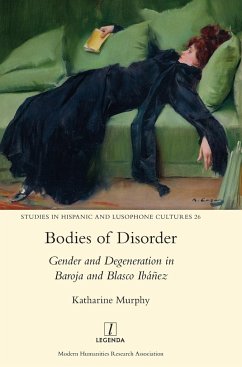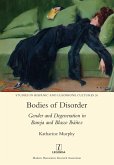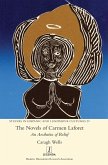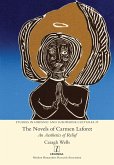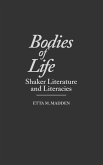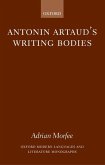Discourses of degeneration (social, political, medical) peaked in the 1890s across Europe, and posited the moral and biological decline, even sterility, of European nations. In early twentieth-century Spain, the novels of Pío Baroja and Vicente Blasco Ibáñez both assimilated and subverted the cultural myths of degeneration that were fuelled by influential European theorists such as Bénédict Morel, Cesare Lombroso and Max Nordau. In the light of widespread anxieties about reproduction and national decadence, this interdisciplinary book traces the creative tension between each author's literary representations of the degenerate female body and the consumer agency of women readers. Through its alignment of gender paradigms and degenerationism in Baroja and Blasco Ibáñez, Bodies of Disorder offers a challenge to established hierarchies of canonical and popular fiction. Countering Baroja's resounding public disdain for his Valencian contemporary, Katharine Murphy repositions Blasco as markedly closer to the so-called 'Generation of 1898' than hitherto acknowledged. Dr Katharine Murphy is Senior Lecturer in Hispanic Studies at the University of Exeter. Author of Re-reading Pío Baroja and English Literature (2004), she has published widely on Comparative Literature and Spanish Modernism.
Bitte wählen Sie Ihr Anliegen aus.
Rechnungen
Retourenschein anfordern
Bestellstatus
Storno

